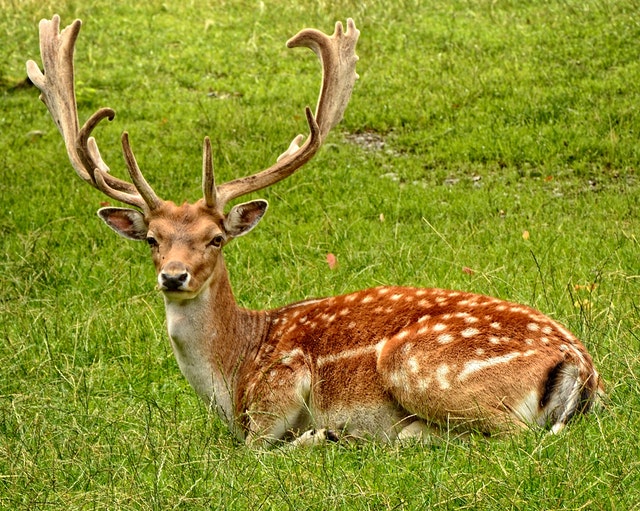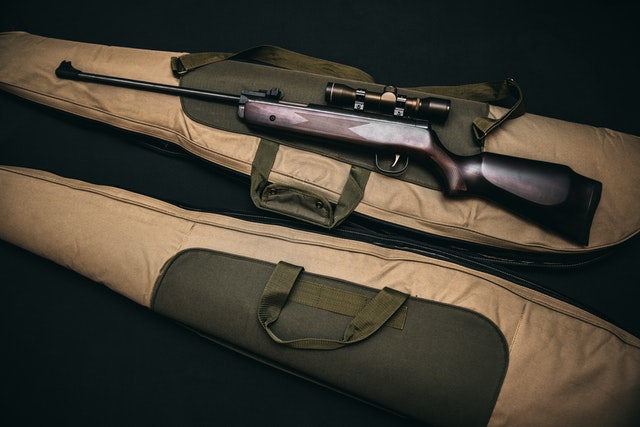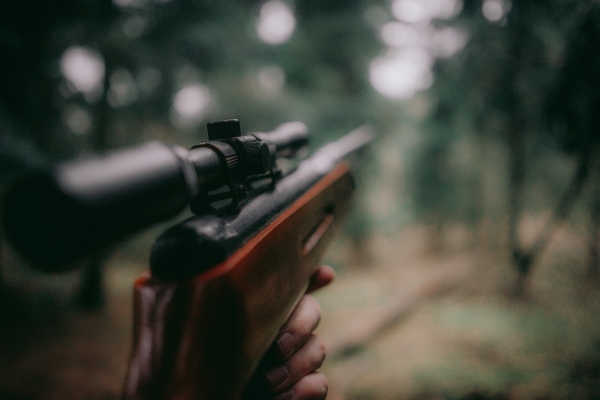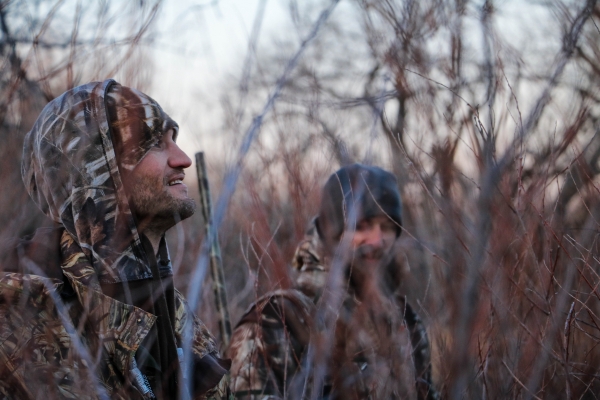Deer hunting is fun and satisfying, but it becomes the exact opposite when it costs you plenty of bucks and effort to bring home a trophy deer that rivals your competition. Everybody sometimes makes the mistake of spending too much on an item that turned out not to be worth the price… but they aren’t doing your wallet or your patience any good. One or two such mistakes are forgivable, but beyond that, it would almost make you think if it’s still worth chasing that prize deer you’ve been fantasizing about.
It’s time to keep your mistakes counter in silent mode during your next hunting trip. Here are 7 costly deer hunting mistakes you must learn to avoid:
1. Lack of knowledge with the animal you’re hunting

You can read bundles of books and watch videos on how the experts make their game-winning hunt, but in the end, those will only inspire you, but not teach you. As the old saying goes, experience will always be the best teacher.
Go out in the woods and study your target. Watch what your future trophy buck does in the woods. Observe keenly their behavior and their course of actions. When the rut is upon you, observe which areas are prime with deer looking for mating partners.
If you want to secure a good hunting chance, a little preparation won’t hurt. Scouting your hunting grounds can also help you spot the best areas for your shooting lanes and for setting up your tree stand.
2. Wearing uncomfortable clothing
What you wear greatly affects your hunting performance. You can’t function well if you’re feeling awkward in your clothing. Sure, that camouflage looks like it does the job, and those boots may have saved you from buying expensive ones, but trust us, if they don’t feel like they were made for your feet, ditch them and look for alternatives.
Your hunting outfit is as important as your gear, since you’ll be doing a lot of moving around (and hiding) in the woods, so before you shop around or dive into your closet for the best hunter’s outfit for your next trip, do some research first.
Take into account the current season when shopping for your camouflage outfit. If you’re hunting during the cold weather, go for jackets with materials made for insulation and for keeping you safe against the harsh weather.
The friendlier your environment is, the easier it becomes to get away with boots that aren’t specifically made for hunting. So if you are so inclined, you can also go for other types of boots, such as combat boots, which are generally comfortable to wear, because they are usually made with good insulation, an outsole with reliable grip, and waterproof.
Sure, it will take a bit of money to invest in good hunting clothing and gear. But in the long run, it can help you score a row of trophy bucks with much greater ease.
3. Relying too much on gears and equipment

It’s normal to rely on your trusty gears and equipment to make your game more successful. After all, these items were made to help us make our next score with as few hassles as possible. Plus, for those new to the game, these gears and equipment can help them master the art of deer hunting.
But these latest hunting gizmos had turned us lazy. They took the fun out of the action of hunting. Not to mention that when these items fail to do their job, you lose your opportunity for what could be your big score, and you end up frustrated and out of focus to find your next chance to hit.
Remember, they’re all just your sidekicks to scoring that next trophy buck to brag to your friends. It all falls down on how you use them. Instead of buying expensive hunting guns and other equipment, why not invest instead on polishing your eagle-eye and reflexes?
4. Leaving your stand to “rest the spot”
It’s a common routine among hunters to rest your stand for a few days or so when you’ve made your kill on that spot, mostly to let the deer know the area’s safe for roaming around again. But if you want to score as many bucks as possible during your hunting trip, it’s time to leave that routine behind, especially during the rut.
In this time of the year, bucks won’t care or realize you killed someone of their own species in that spot they’re running around. Ditching your stand to give it a rest means you’re resting your chance to bring home as many trophies as possible.
This also saves you the trip of going back on the spot if your hands are itching to hunt for more bucks.
If you can’t shake off this practice of resting your spot after a kill, let your hunting buddy take the place next. You can admire your newly-scored game while your buddy hunts for the next one.
5. Not enough clear shooting lanes

I didn’t score this whitetail I’ve been waiting for because I didn’t have a clear shot!
How many times have you made that excuse while hunting? Pretty sure a lot of times.
This excuse is causing you both time and money, and this doesn’t define a good hunter. To avoid this, clear enough shooting lanes in your spot in different directions. That way, when a buck comes running behind, you can still make the shot.
6. Being stuck with your all-time-favorite hunting spot
Sure, you may have scored the best game in that favorite spot of yours, but you’re missing out on the chance to score MORE game winners if you don’t try to explore other good spots.
For example, during the rut, you want to be in the spot where the does gather round because that’s where the stags would be sprinting across all the time. If you stick to your favorite spot with no does to be found, you’re missing out on the best chance to score as many bucks as you can in one go.
7. Forgetting to call or rattle

The best way to attract your trophy deer in your lane is to use a grunt call or to rattle and tickle a deer’s curiosity to investigate. Whitetails, in particular, are social animals, and they would welcome a chance to find company, especially during the rut.
If time has passed and no buck is showing up in your lane, get your best grunt call out. Sooner or later, a deer or two would come running your way.
Make sure to call or rattle as loud as you can too, especially when you’re finding no luck to spot a deer in range. It could be that your targets are a good distance from you.
